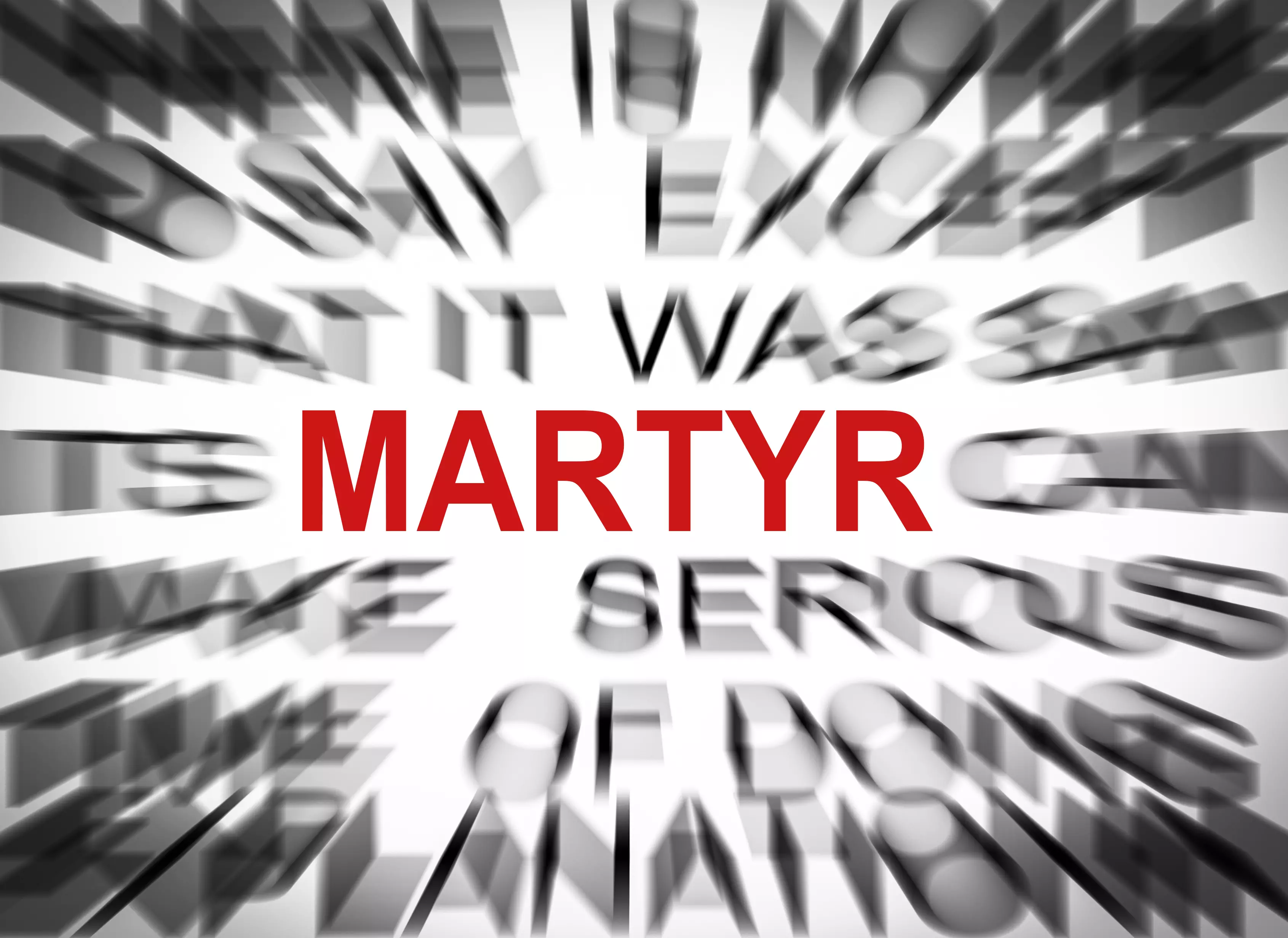 On a recent podcast episode, I had the pleasure of interviewing Caitlin MacGregor, Co-founder & CEO of Plum. Plum is having a huge impact on the hiring and assessment world.
On a recent podcast episode, I had the pleasure of interviewing Caitlin MacGregor, Co-founder & CEO of Plum. Plum is having a huge impact on the hiring and assessment world.
While Caitlin was a lot of fun to interview and she shared some amazing hiring and leadership insights, it was the below segment of our conversation that also caught my attention.
She said, ”I ended up really sacrificing my personal life, because I was working such long hours and so hard on this business. And, I had just gotten married and I remember my husband saying, ‘this is not what I signed up for, like I never see you.’ It was our second year of business at this point so things are taking off and growing really quickly. And I was at a point where if I got hit by a bus the company would have crumbled because I had all of this knowledge and everything was on my shoulders to fix and to do. And so, on one hand it was really rewarding because I had such a strong sense of self-worth because I was the savior, I could do everything, and they needed me so much. But, I was turning into a martyr. And, martyrs are not good things, at all. I’ve seen people that much later in their careers have kept that martyr mentality and it really is toxic in the long run. And, so I was suffering personally. I was developing a real bad habit of being a martyr.”
Can you relate to Caitlin? I certainly can.
It’s a common trap for many high achieving people, especially Founding CEOs.
- “They need me.”
- “Only I can do this.”
- “I’ll just take care of this.”
- “I’m the best person to manage this project.”
- “What would they do without me?”
These are the types of thoughts that often subconsciously flood our mind when we create a company, make ourselves seemingly irreplaceable, and silently believe that only we amongst the billions of people on planet earth are the only ones who can make our company successful.
The truth can be a bit more complex. As Founding CEOs, are we important to the success of the company we founded? Yes, very. Are we irreplaceable? No, not really.
As Caitlin pointed out, the “martyr mentality” is not a good thing. This mindset prevents both you and your company from growing. And, it robs others of their professional growth as well.
The “martyr mentality” places you at the center of the action when you should be leading, guiding, and facilitating your team as they grow the company. That’s what CEOs do. Martyr CEOs wrongly place themselves at the nexus of the company’s operations. They rarely ask for help. They wrongly believe their extreme personal sacrifices will inspire others, save others from additional work, and cement themselves as a leader to be admired.
With the help of an Executive Coach, Caitlin overcame this “martyr mentality.” And so can you.
Signs You Are A CEO Martyr?
So, let’s say you are the Founding CEO of a fast-growing SAAS platform, and you are wondering if you have this “martyr mentality.” What are some of the questions you might ask yourself? Here are a few.
- Do I have to know about everything going in my company?
- Does my leadership team need me for every decision?
- Do I refuse to delegate key activities because I want others to see me working hard and that I am key to the company’s success?
- Do I publicly lament and share my personal sacrifices and the challenges I embrace?
- Do I quickly assume the responsibilities of others when it looks like they are struggling?
- Do I hoard knowledge and information?
- Do I eschew accountability partners, roundtable peers, or external advisers that can help me sort through my challenges?
- Is my personal life suffering because all I do is work and believe only I can do the work I am doing?
- If I were gone tomorrow, would my company be able to carry on without me?
- Do I receive more fulfillment from completing company tasks, than rewarding and recognizing others on my team for reaching company milestones?
- Do I refuse to ask for help?
As you transition from Founder to CEO, your role as the CEO should become less about you being tied to the day-to-day activities of your company, and more about strategy, communication, talent assessment & development, and ensuring your team has the resources to get the job done.
Do you know someone who is a Martyr Founding CEO?
Are you a Martyr Founding CEO?


